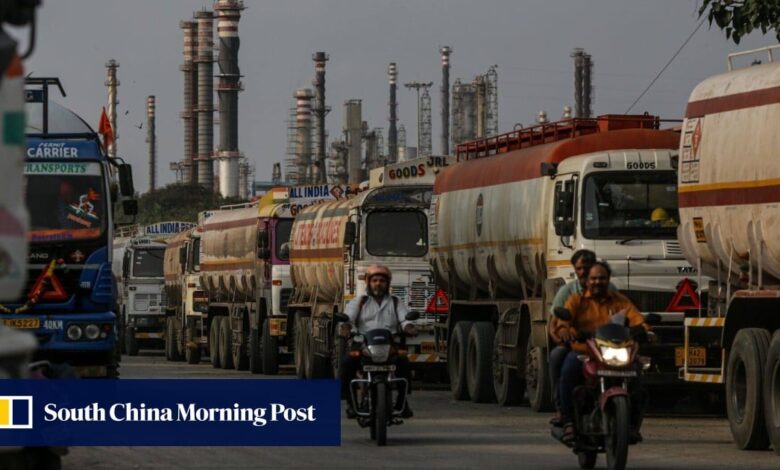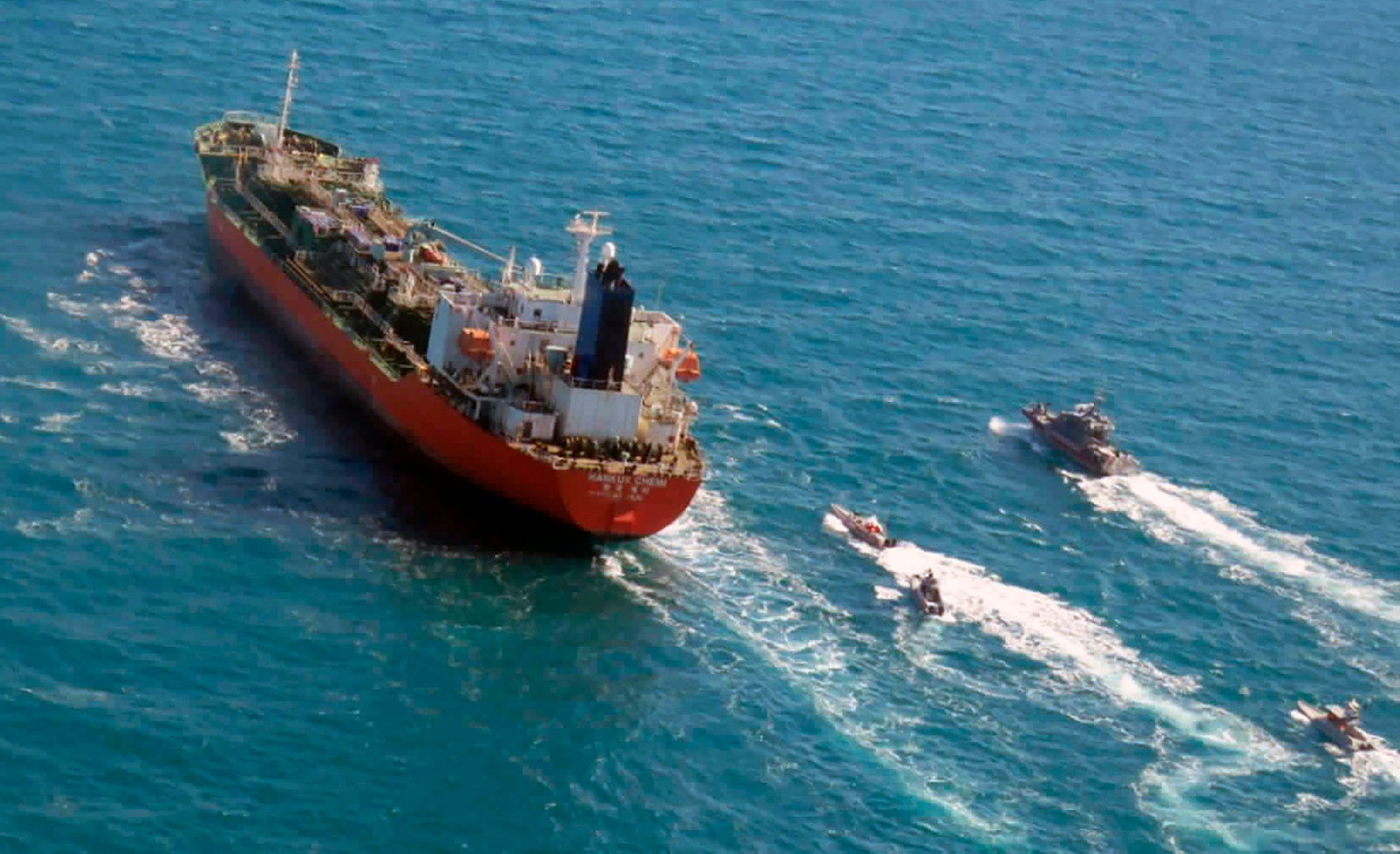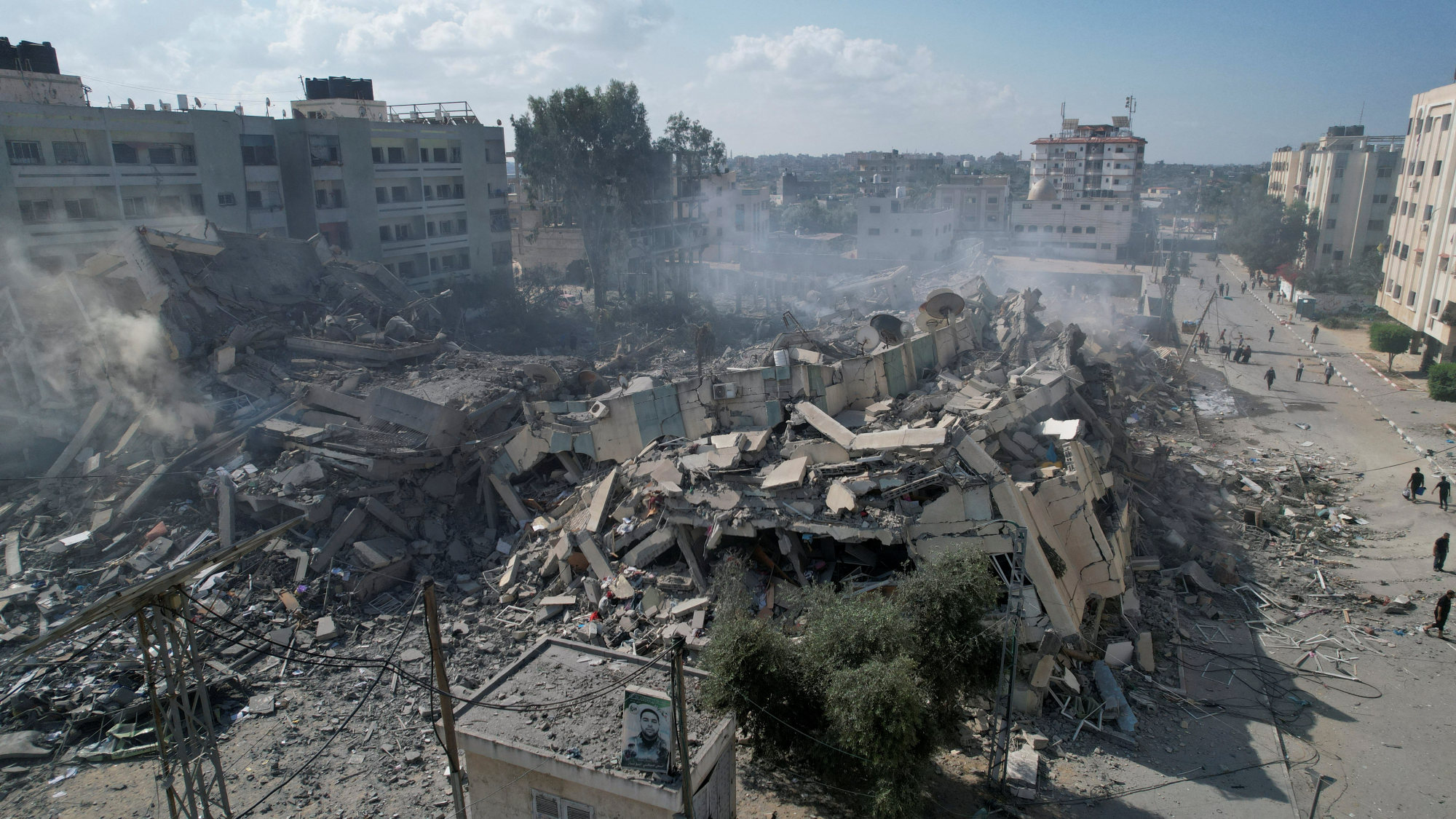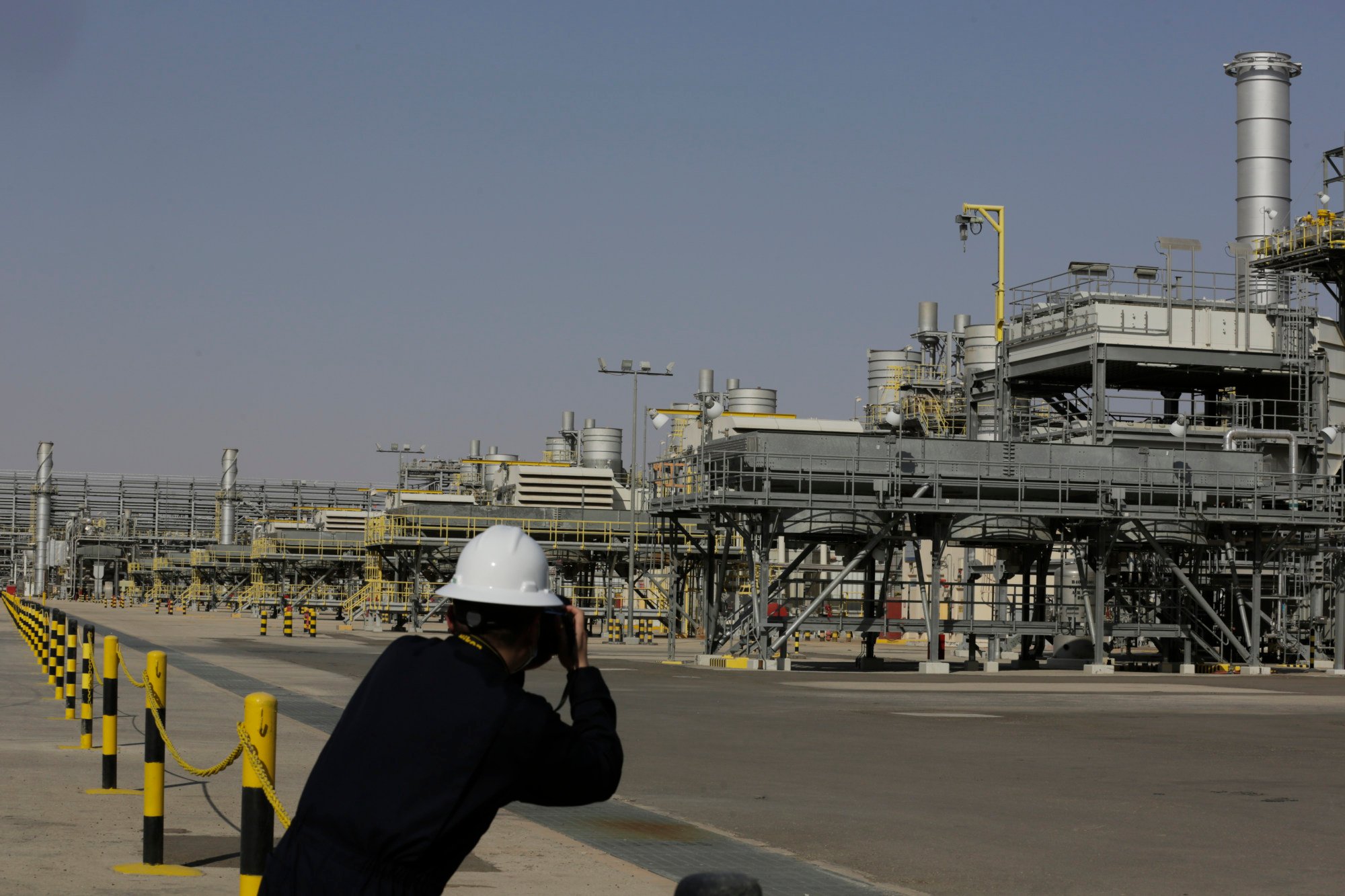Asia on edge over oil supply risk as Israel-Gaza conflict threatens to spread to Middle East

[ad_1]
Iran has called for Muslim countries to carry out an immediate boycott of Israel, including an oil embargo. However, the bigger worry is that the tensions could affect the passage of tankers through the Strait of Hormuz in the Persian Gulf, through which up to a third of global supplies are routed.

“If crude oil prices stay above US$90 per barrel for more than two weeks, then it will create pressure points for the whole world,” said Madan Sabnavis, chief economist for India’s Bank of Baroda, adding that debt-strapped nations would be hit the hardest.
China, India and most Asian nations are dependent on oil imports. Officials in these nations are likely to be closely monitoring how Arab nations, who appear to be aligned with Palestine, react to the developments following the attack. India and China have been buying discounted Russian oil and the tensions in the Middle East mean that is likely to continue.
Heightened tensions could inflate insurance and transport costs for oil tankers, Sabnavis said.
On Wednesday, the US said its assessment showed that Israel was not responsible for the explosion that killed hundreds of civilians at the Al Ahli Hospital in the Gaza Strip.
White House National Security Council spokeswoman Adrienne Watson said the explosion was likely caused by a misdirected rocket or missile by the Palestinian Islamic Jihad.
Hamas officials have claimed the explosion is an Israeli air strike – a claim backed by Arab leaders.
During a brief visit to Israel, US President Joe Biden tried to strike a balance between showing US support for Israel and placating Arab allies. He is due to make a statement early on Friday, amid fears of an imminent ground attack by Israeli troops on Gaza.
Gaza has been under siege by Israel for over a week in response to a deadly incursion by Hamas, the Islamist militant group that controls the coastal enclave.

Worry over Iran
Israel does not produce any crude oil, but whether Iran gets pulled into the conflict will be critical to the direction of oil prices, analysts say.
“When talking about the Gaza escalation affecting oil prices, the underlying assumption is that it will be first and foremost Iranian production that will be hit, by means of a more stringent US sanctions enforcement,” said Viktor Katona, lead crude analyst at commodities research firm Kpler.
But he added that Israel “stands to gain very little in case Iran joins the Israel-Gaza conflagration, [and] both politically and militarily, it would seek to avoid overstretching”.

Oil prices have remained well-supported since last month due to output cuts by leading producers Saudi Arabia and Russia.
However, Russian seaborne oil exports, since bottoming out in July, have been gradually returning to export markets after a period of maintenance by refineries, Katona said.
Oil may ease slightly to US$85-$88 per barrel in November/December as geopolitical risk premiums may subside with time, “however, prices would remain elevated enough over the coming weeks”, he added.
The impact of Middle East tensions has been partly countered as the US this month broadly eased sanctions on Venezuela’s oil sector in response to a deal reached between the government and opposition parties for the 2024 election.
Venezuela, a member of the Organisation of Petroleum Exporting Countries (Opec), had been under crushing sanctions since 2019. The US move meant Venezuela is now able to produce and export oil to its chosen markets for the next six months without limitation.
US eases Venezuela oil, gas sanctions after ‘democratic developments’
US eases Venezuela oil, gas sanctions after ‘democratic developments’
Other analysts say oil markets would remain jittery in the near term and could potentially flare up quickly if the Israel-Gaza war spreads across the Middle East.
“I think oil prices will most likely trade between US$95-$100 per barrel. If Iran gets into the conflict, then prices could rise as soon as tomorrow,” said Gnanasekhar Thiagarajan, director at Commtrendz Risk Management.
ANZ said Saudi Arabia could end its output cuts if geopolitical tensions led to production losses globally, but added that it expected the cuts to remain in place this year that would lead to a supply-demand deficit of 2 million barrels per day in the fourth quarter.
“This keeps in play our short-term target of US$100 per barrel. Any escalation of the conflict that threatens to block the Strait of Hormuz could push prices towards US$120 per barrel, which is a tail risk,” it said.
[ad_2]
Source link


